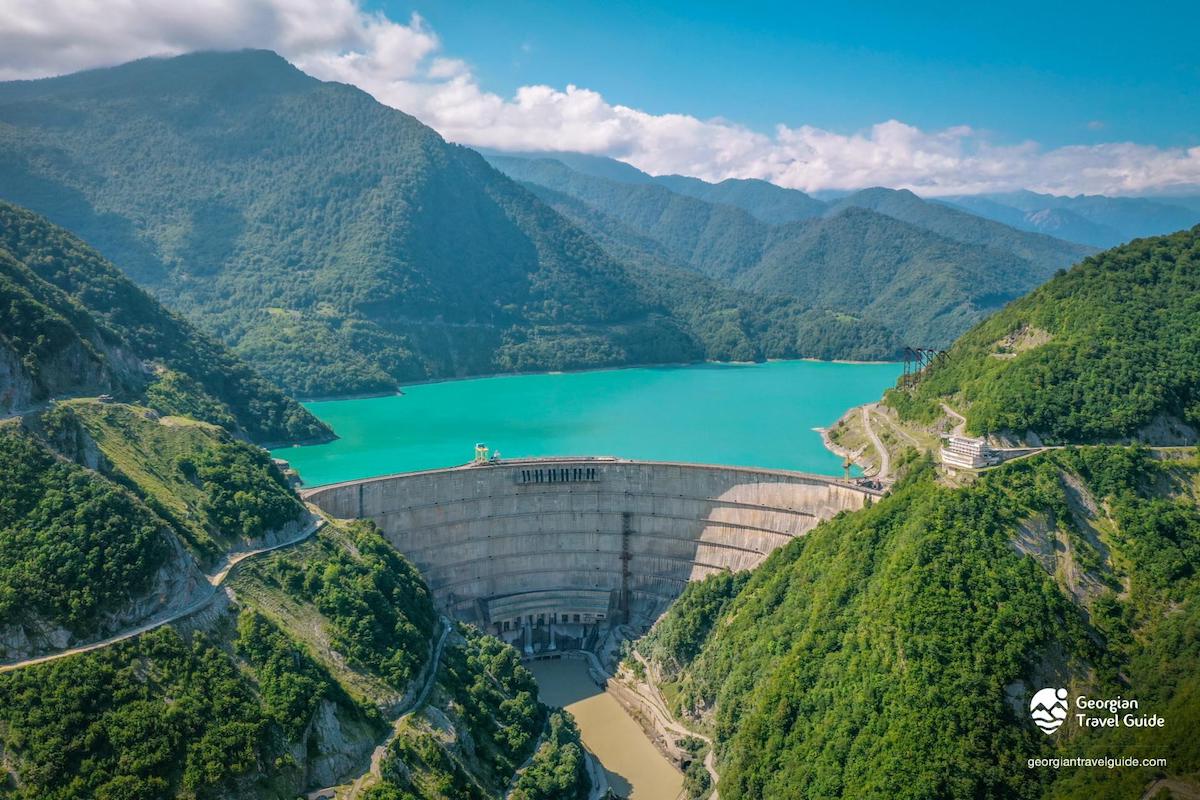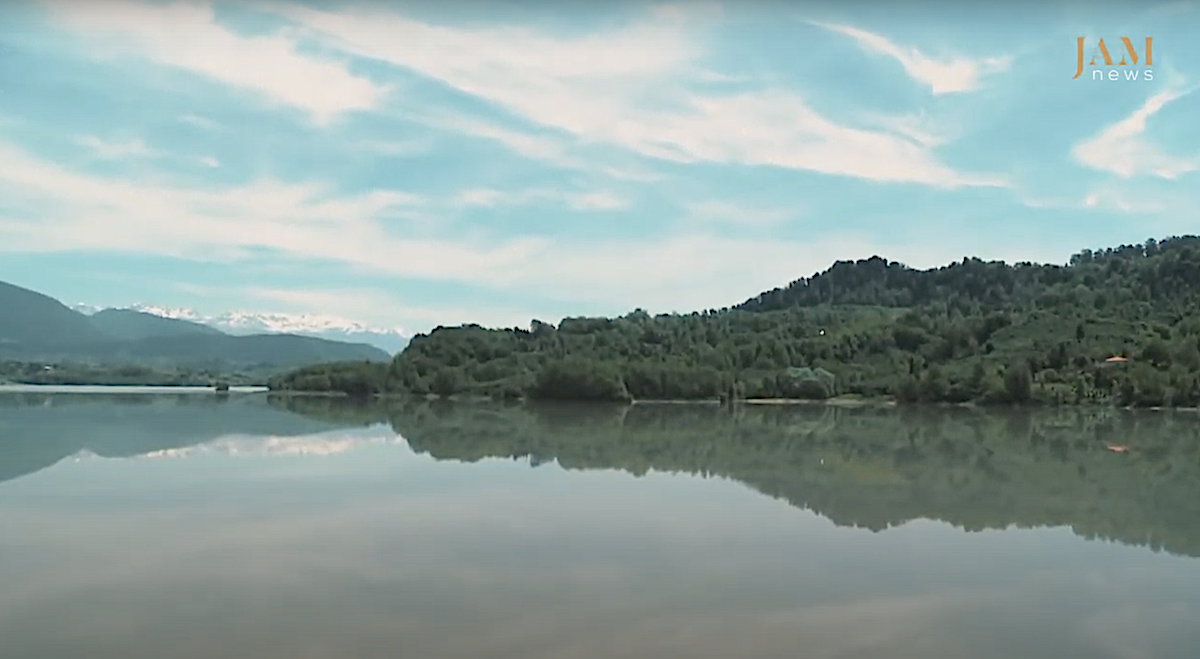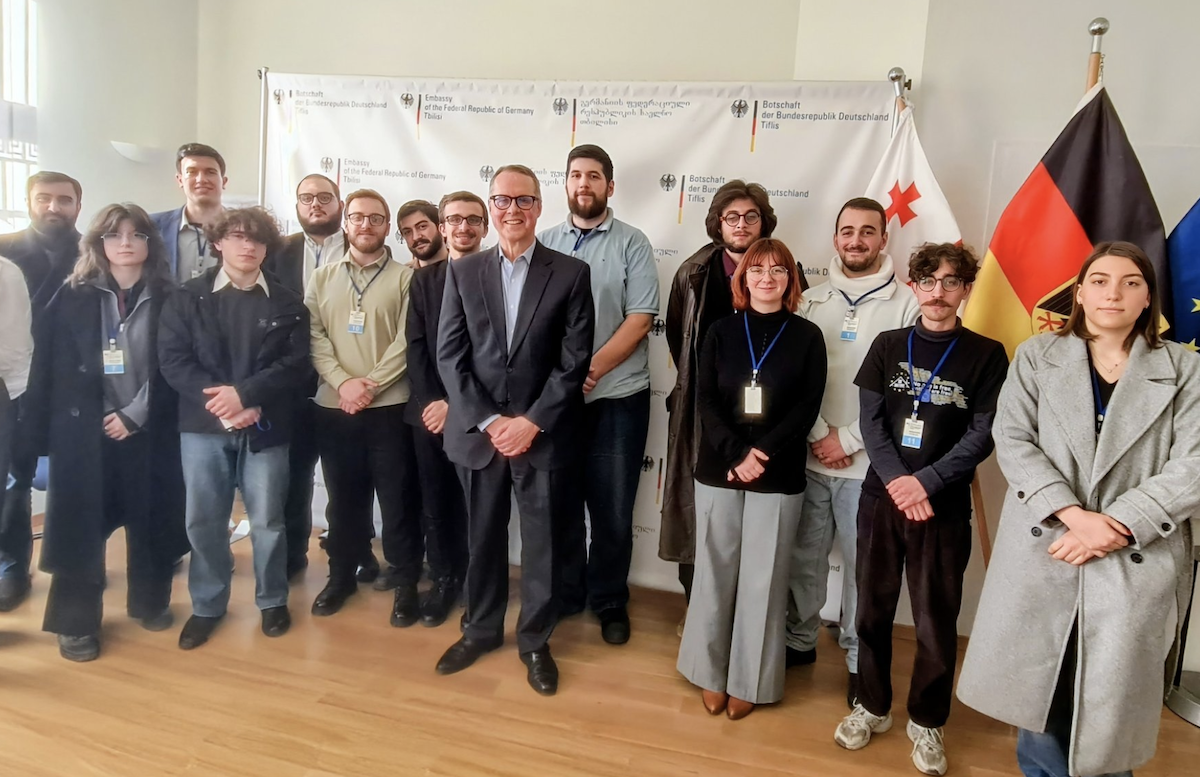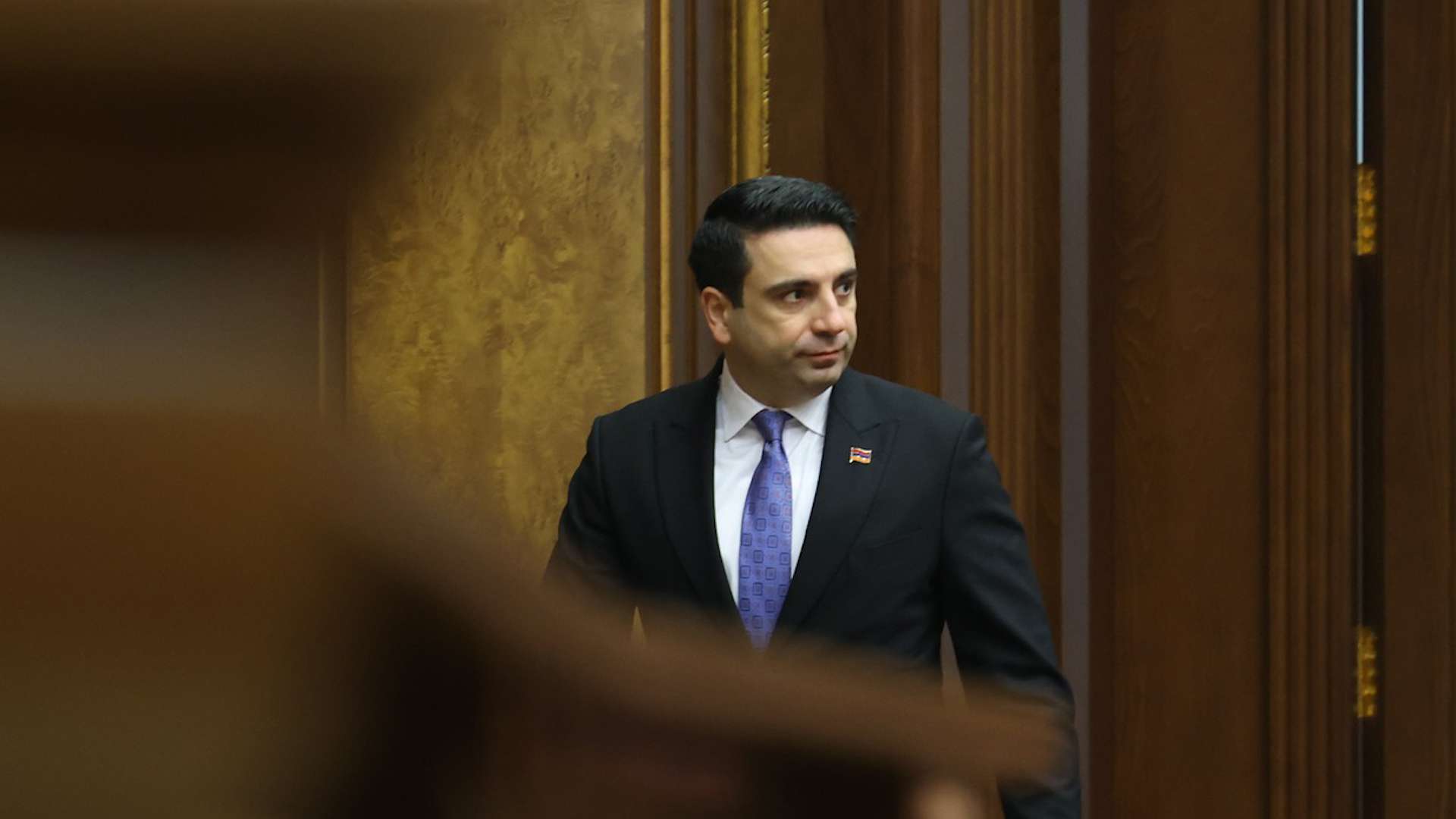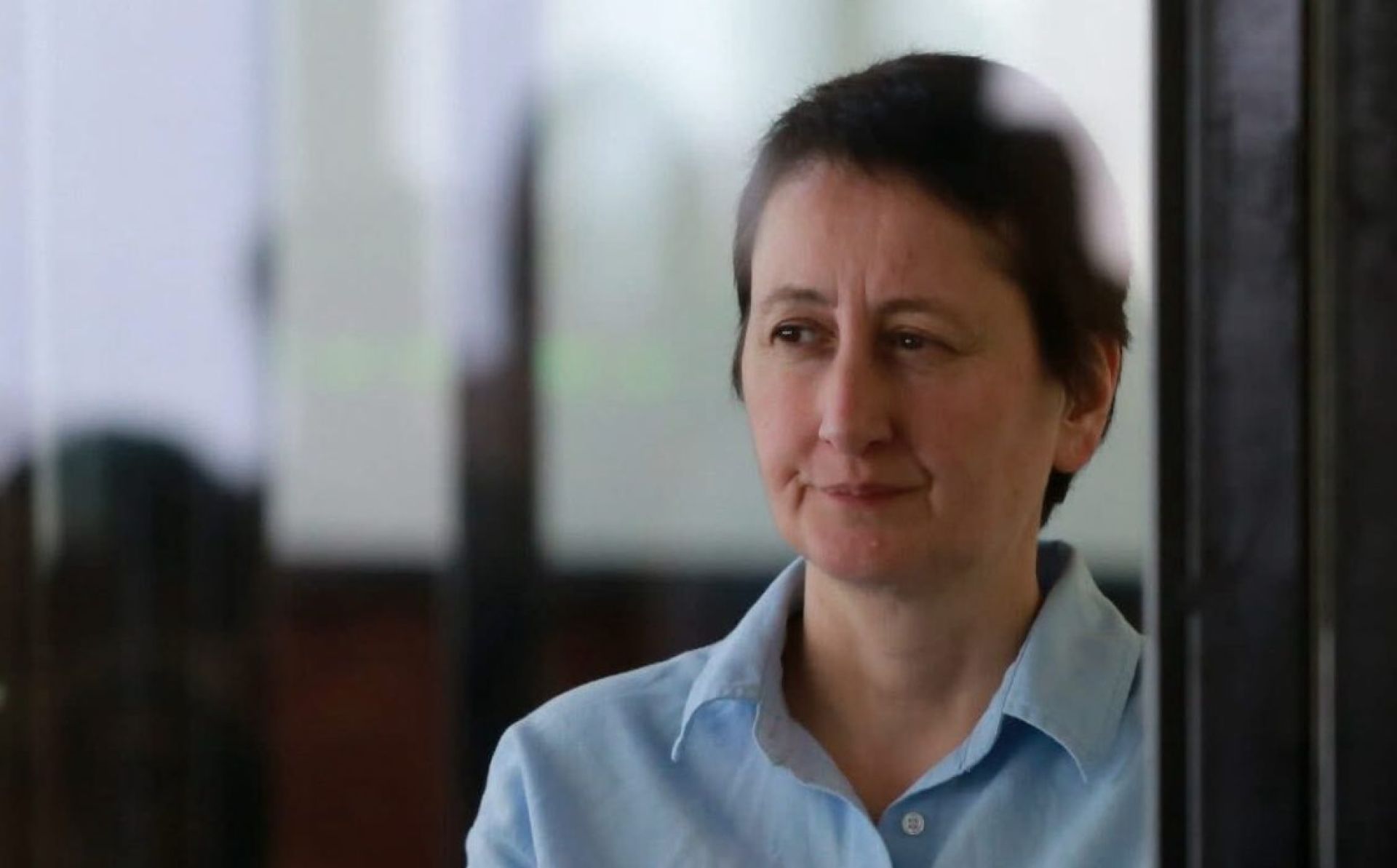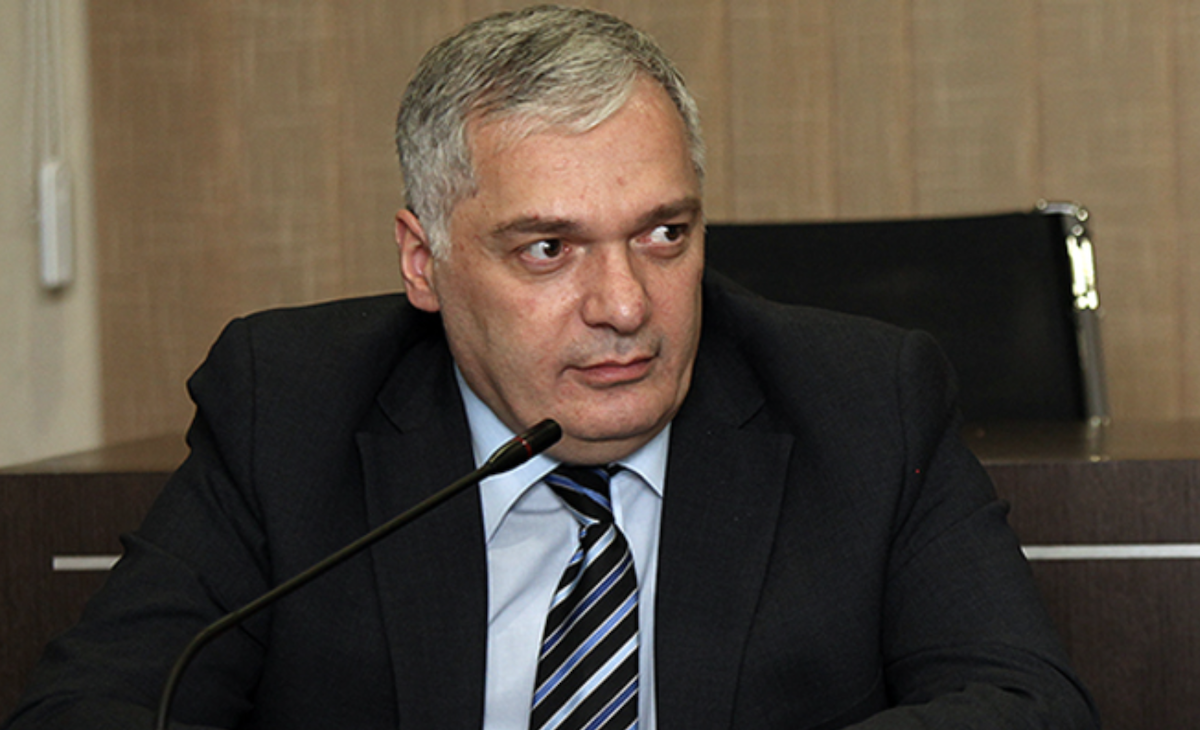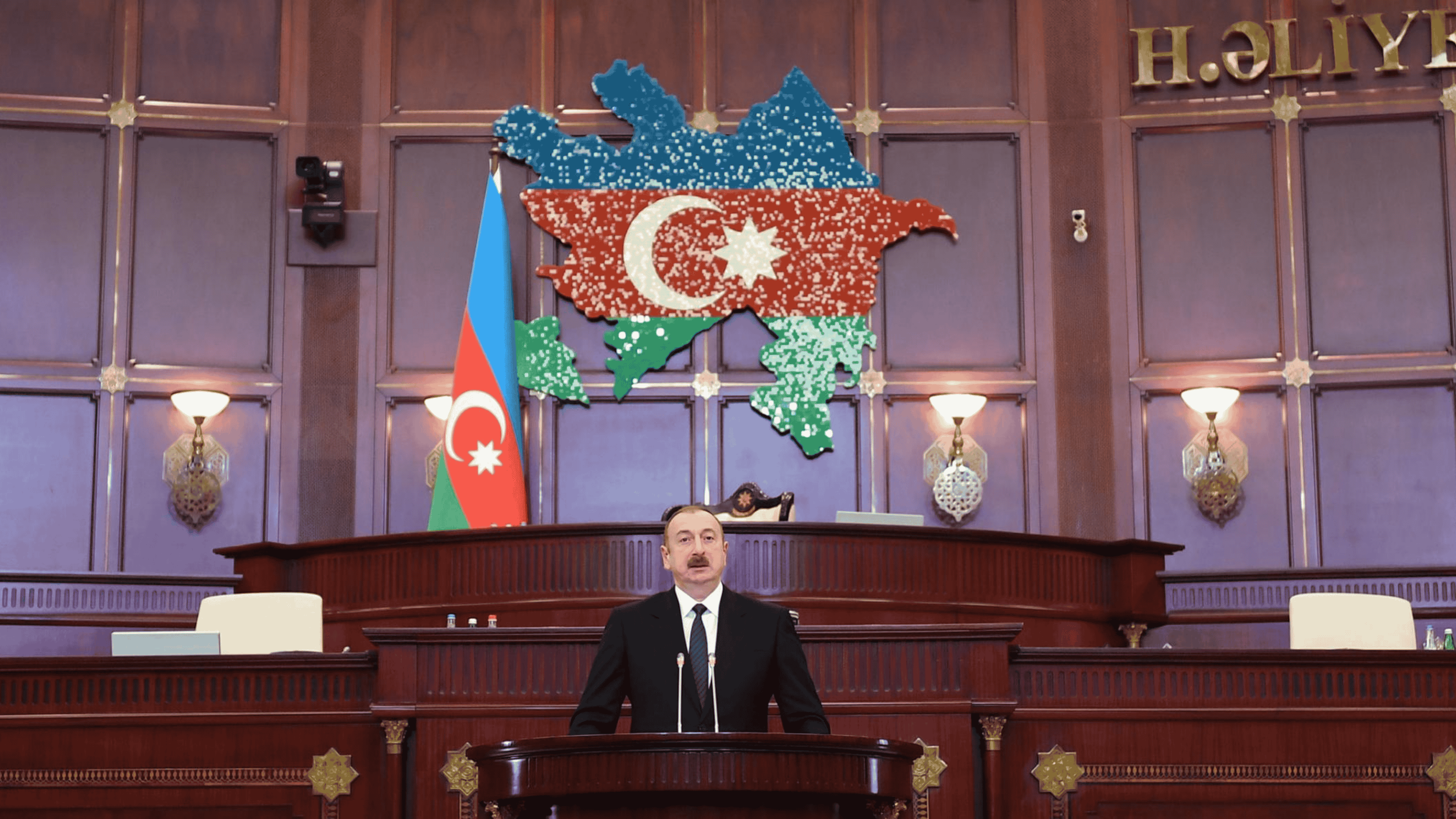Who in Abkhazia will lease the overflow at Ingur hydroelectric power plant, jointly managed with Tbilisi?
Ingur hydroelectric power station
In Abkhazia two influential veteran organizations – opposition Aruaa and pro-government Amtsakhara – are arguing over three overflow stations at Ingur hydroelectric power station, which the authorities want to lease to a private company.
The Ingur HPP is located right in the zone of the Georgian-Abkhaz conflict and is the only joint Georgian-Abkhaz project. The reservoir and part of the diversion tunnel are on the Georgian side, while the other part of the tunnel, the HPP building and the four overflow HPPs are on the Abkhaz side. The parties jointly operate the HPP and share the electricity it produces, with the Abkhaz side receiving 40% and the Georgian side 40%.
“Aruaa” believes that it would be more favorable for Abkhazia if the directorate of the hydropower plant itself, which is formed by the Georgian side, becomes a tenant.
“Amtsakhara” objects that “this means giving overflow stations to the enemy Georgian side”.
Background
According to the gentleman’s agreement reached between the Georgian and Abkhazian sides after the end of the 1992-93 war, Abkhazia receives 40 percent of the total amount of generation produced by the Ingur hydropower plant. And until 2020, this was quite enough for the republic.
But in recent years, illegal crypto-mining has increased electricity consumption from two to three billion megawatts, and Abkhazia plunged into a severe energy crisis.
Until now, the deficit was covered free electricity cross-flow from Russia, which now wants payment for the service — more than two million dollars, which Abkhazia does not have in its budget.
- Energy crisis in Abkhazia: the role of crypto-mining
- Russia refused to supply free electricity to Abkhazia. Now the republic urgently needs $2 million
- Abkhazian authorities want to lease part of the Inguri hydroelectric power plant. Opposition promises to prevent it
The situation could be significantly improved by restoring the three overflow hydropower plants, each with a capacity of up to 40 megawatts, which have been out of operation since the end of the war in the 1990s.
The government claims that it is unable to restore them at its own expense and sees a solution in leasing the overflow plants. The authorities cannot solve this issue alone, as any lease agreement in the energy sector must be previously agreed with the parliament.
At this point, two lease options are being discussed:
1.The government proposes that potential lessees restore the overflow stations and, after their launch, give 20% of the total generation to the republic’s power grid free of charge. In 10 years this volume should be increased to 30%. These conditions are considered disadvantageous for the republic by many deputies in the parliament, and not only the opposition.
2.A counter proposal for lease was made by the directorate of the Ingur HPP itself, formed by the Georgian side. This option proposes to give Abkhazia 50% of all electricity generation, i.e. even increase the current share of 40%.
“Recognize Georgia’s jurisdiction?” – “Amtsakhara” arguments
The pro-government veteran organization “Amtsakhara” actually accused the leader of the opposition “Aruaa”, Temur Gulia, of lacking patriotism, when he stated that “the government concluded an unfavorable contract without announcing a tender, while ignoring a much more attractive offer from the Ingur HPP directorate.”
“The Aruaa leader rejects the need to attract investment in the restoration of overflow hydroelectric power plants located within the jurisdiction of Abkhazia and calls it a “favorable decision” to conclude a deal with hostile Georgia, which has made such proposals before.
“Such a deal would mean that Abkhazia recognizes Georgia’s jurisdiction over its property, territory and infrastructure,” Amtsakhara said in a statement.
“It was the Georgian side that significantly invested in the reconstruction of Ingur HPP” – Aruaa’s arguments
“We inform the patriots from “Amtsakhara” that it was the Georgian side that attracted significant credit funds for the repair and reconstruction of Ingur HPP,” the opposition veteran organization “Aruaa” responded.
“The electricity generated at Ingur HPP is distributed according to the well-known 40/60 scheme. At the same time, the first overflow station is under the actual and legal control of Abkhazia.
Toponyms, terminology, views and opinions expressed by the author are theirs alone and do not necessarily reflect the views and opinions of JAMnews or any employees thereof. JAMnews reserves the right to delete comments it considers to be offensive, inflammatory, threatening or otherwise unacceptable










